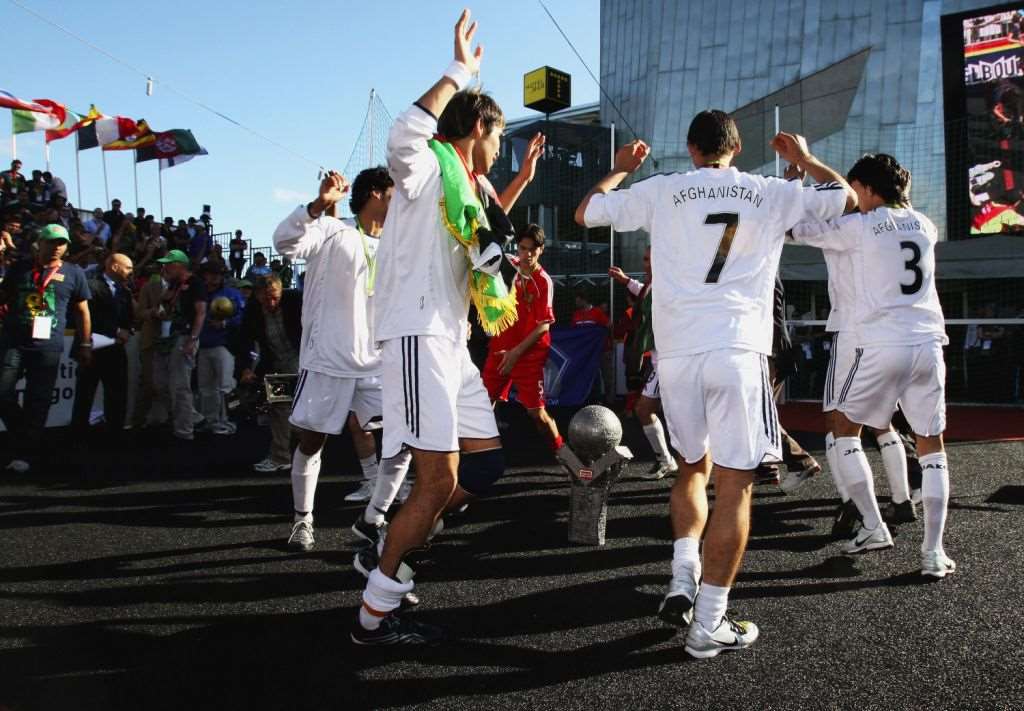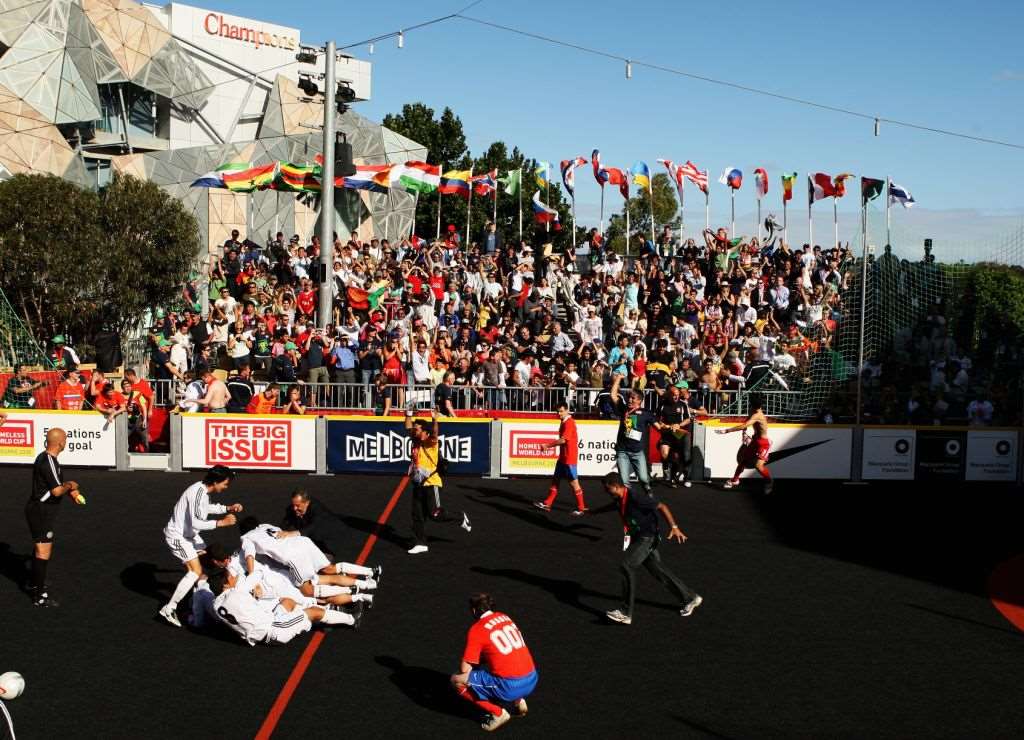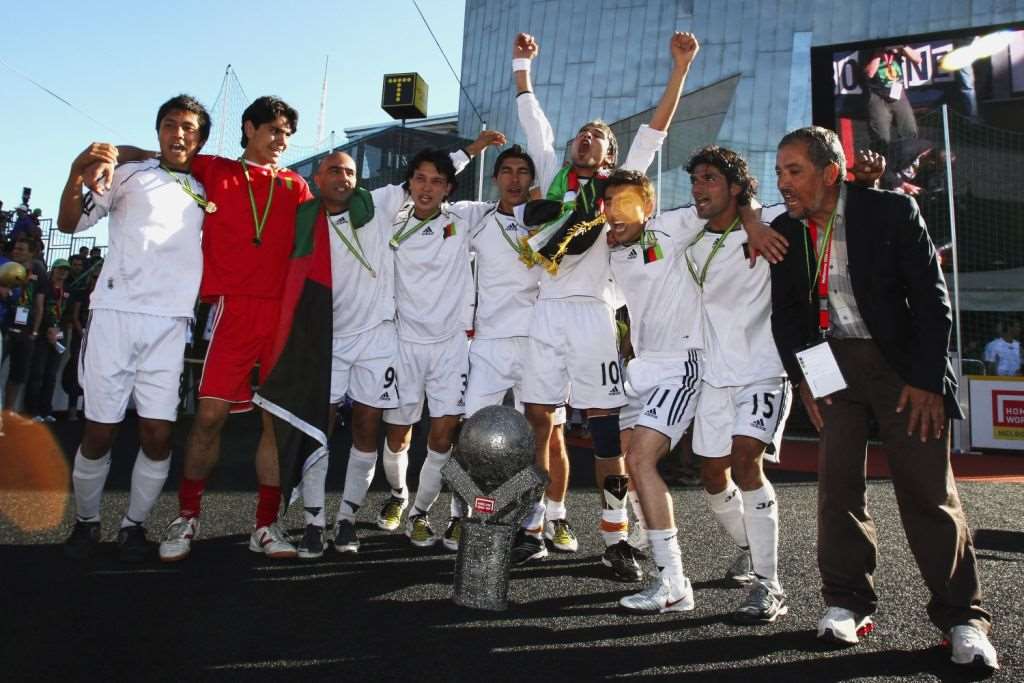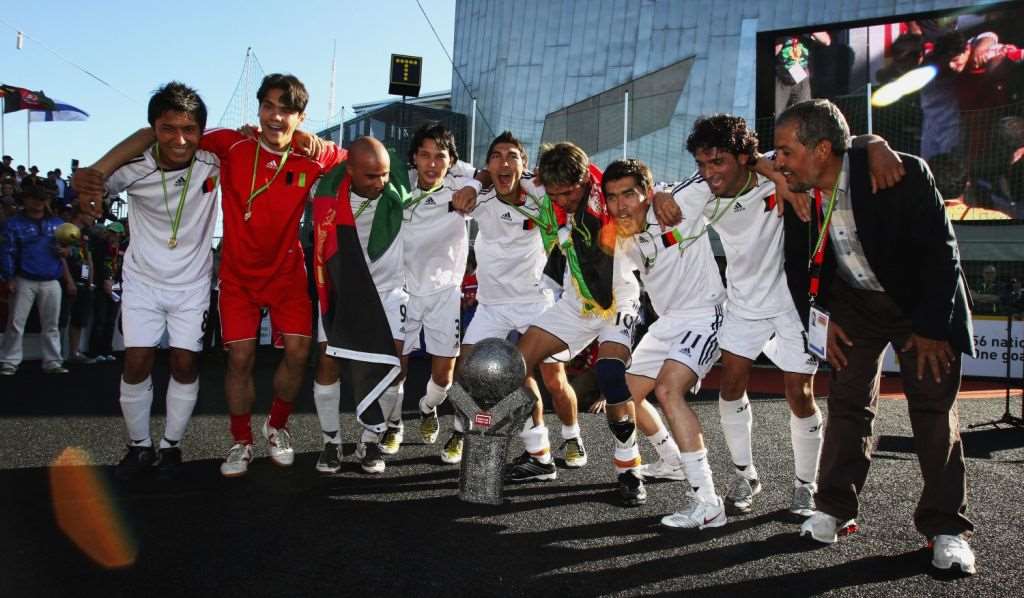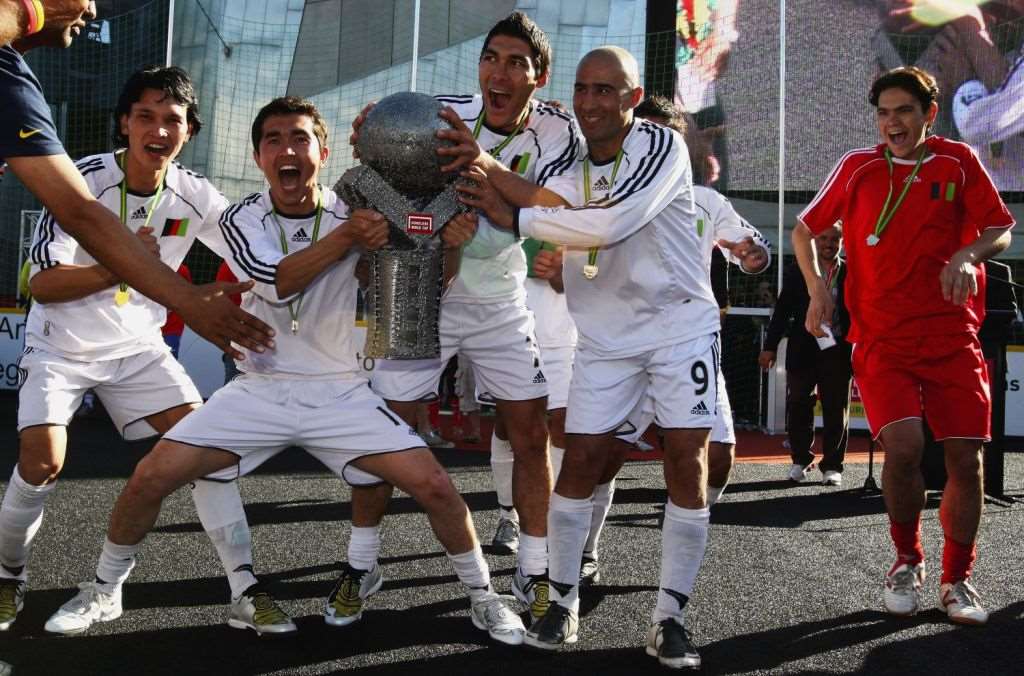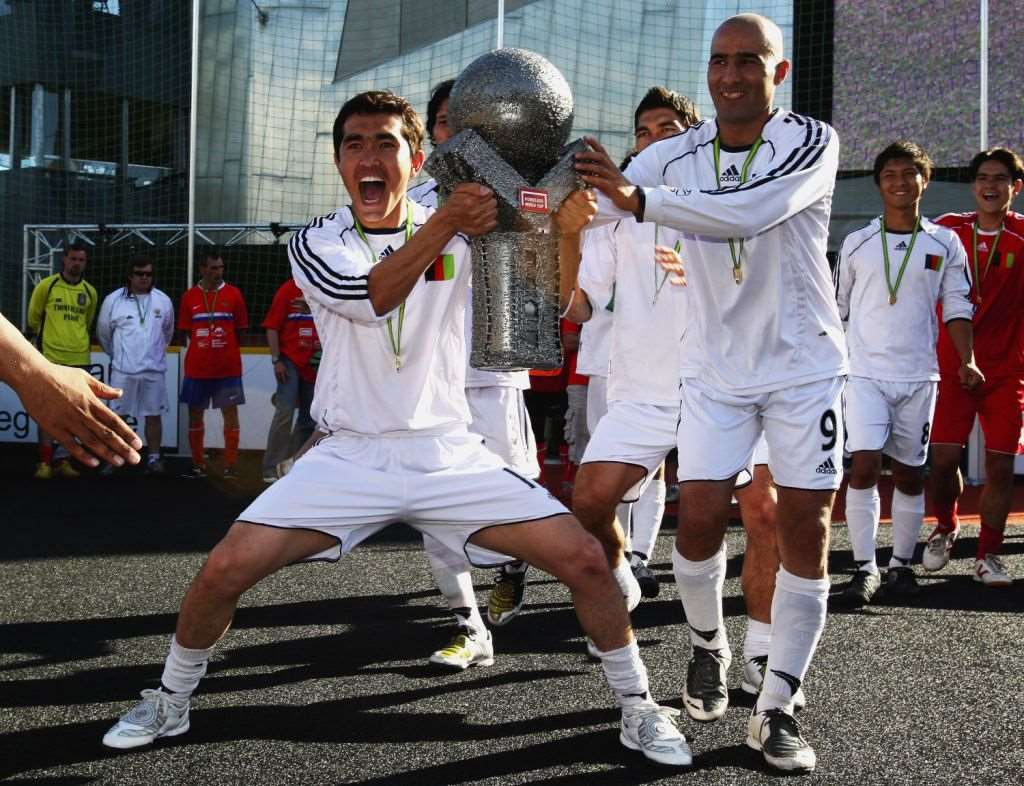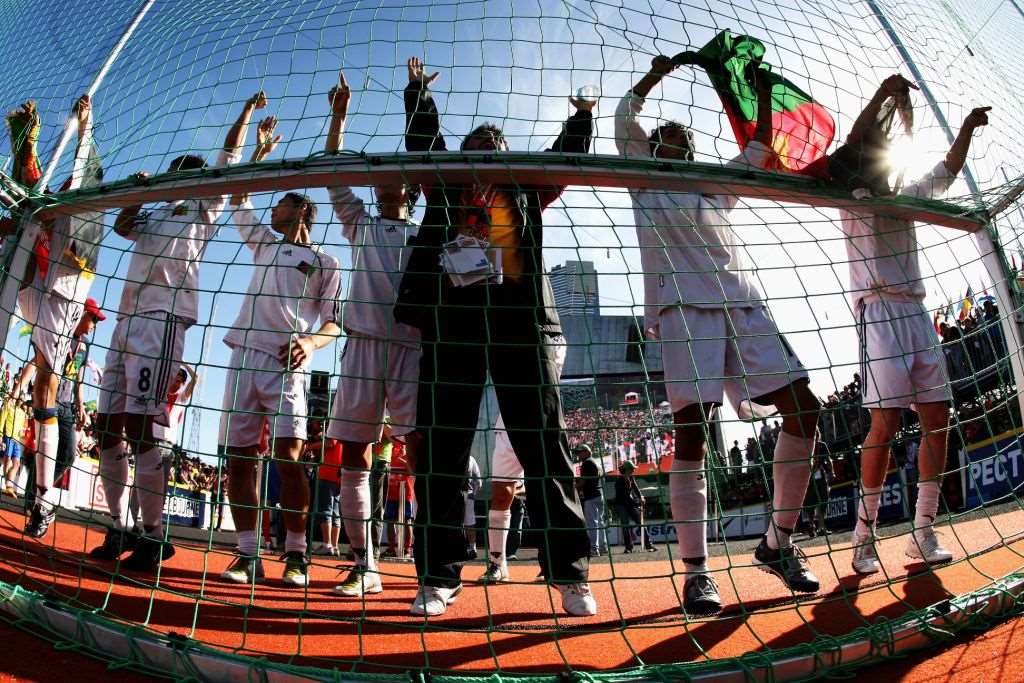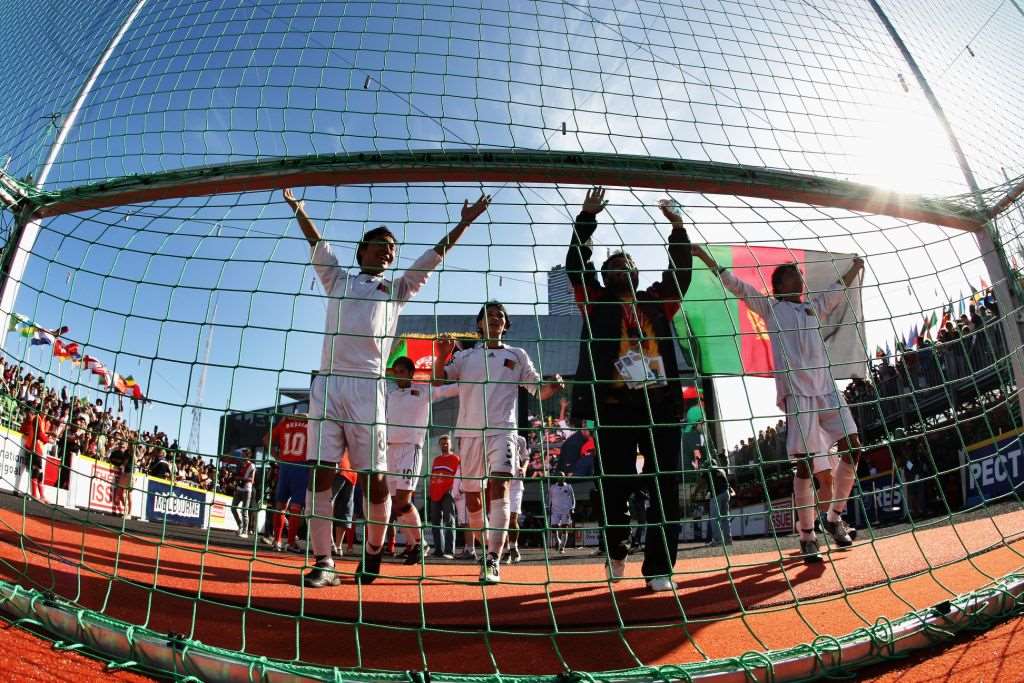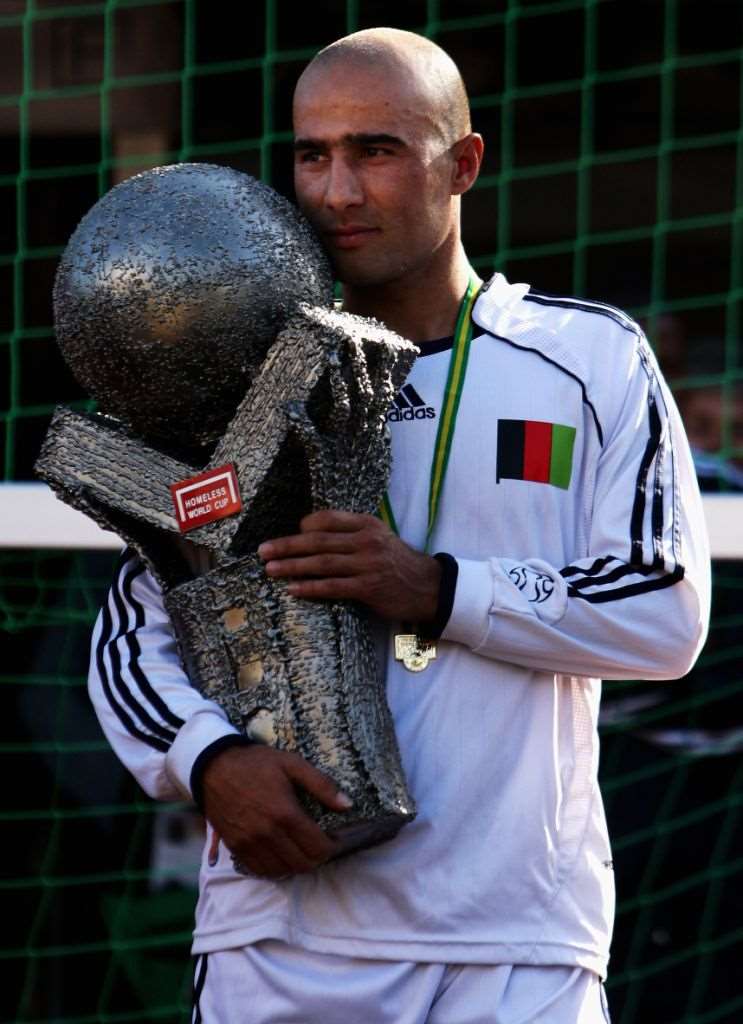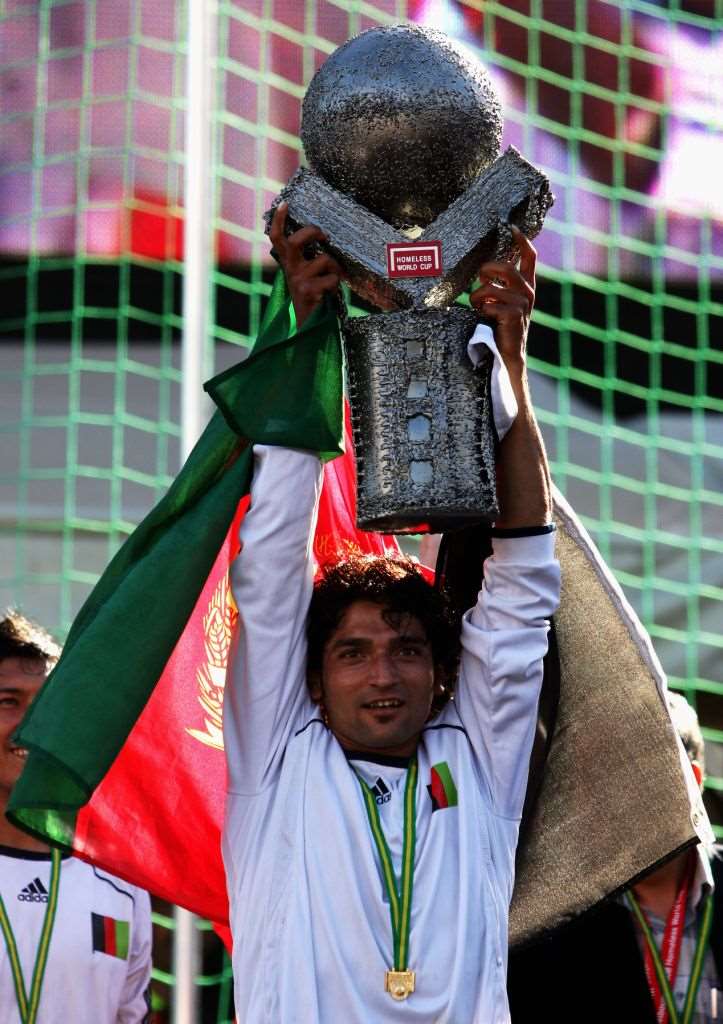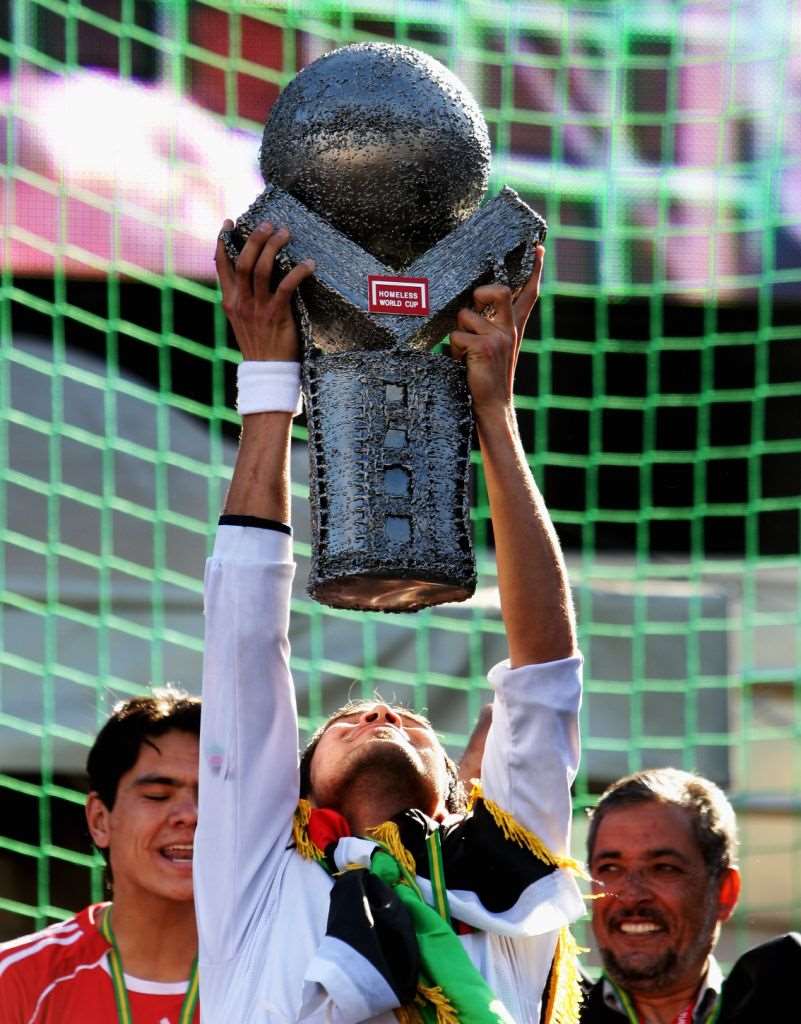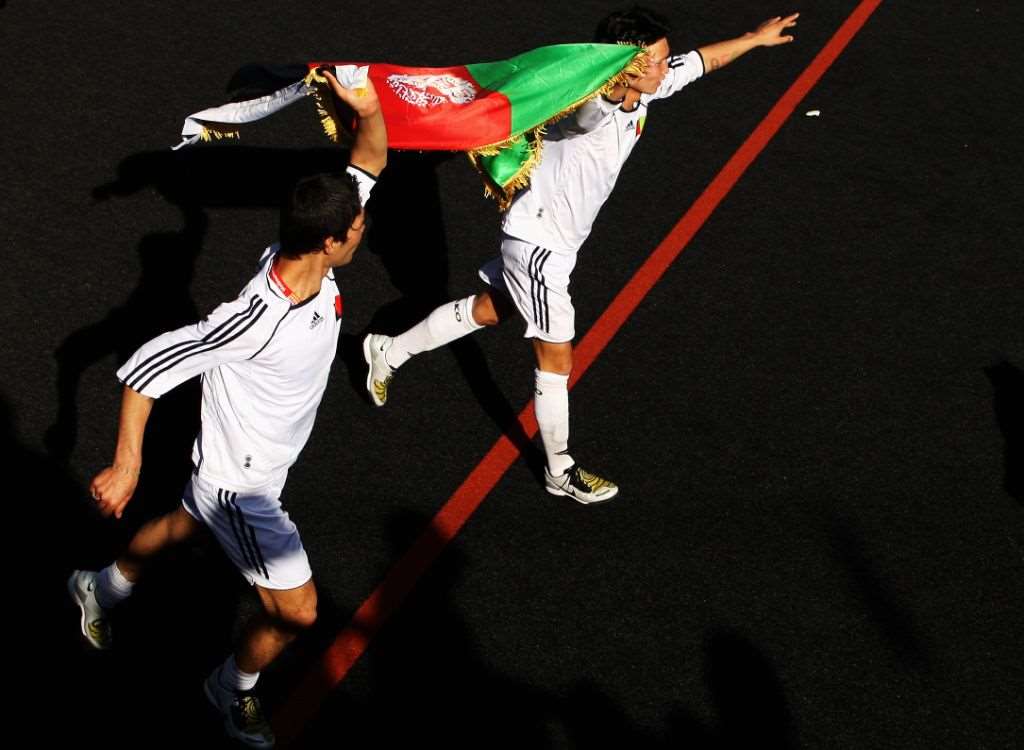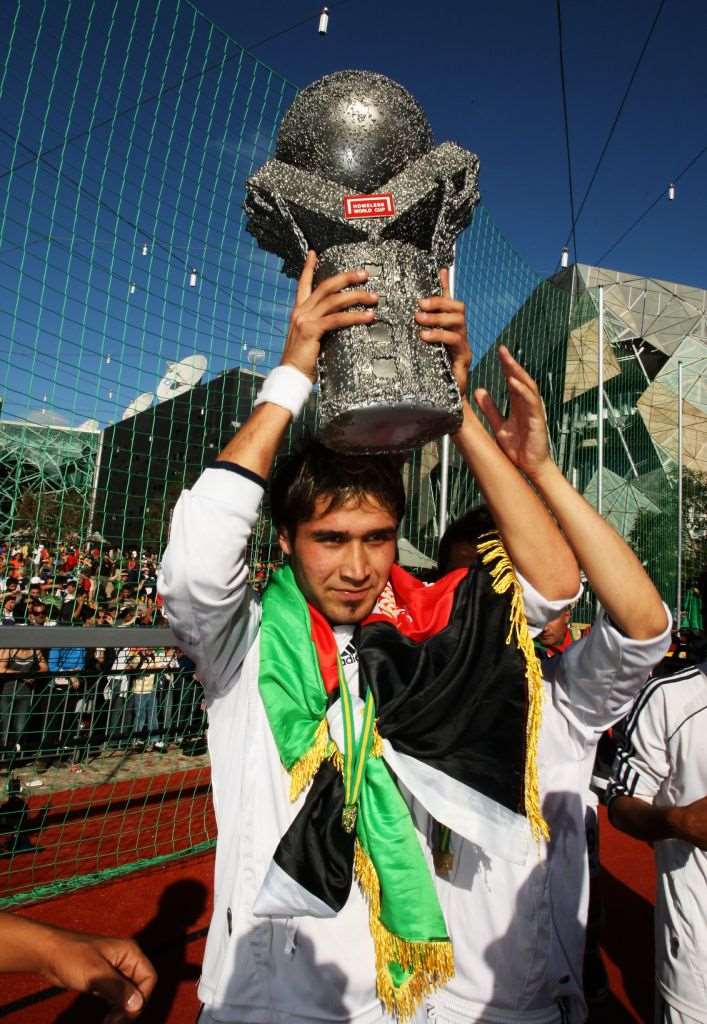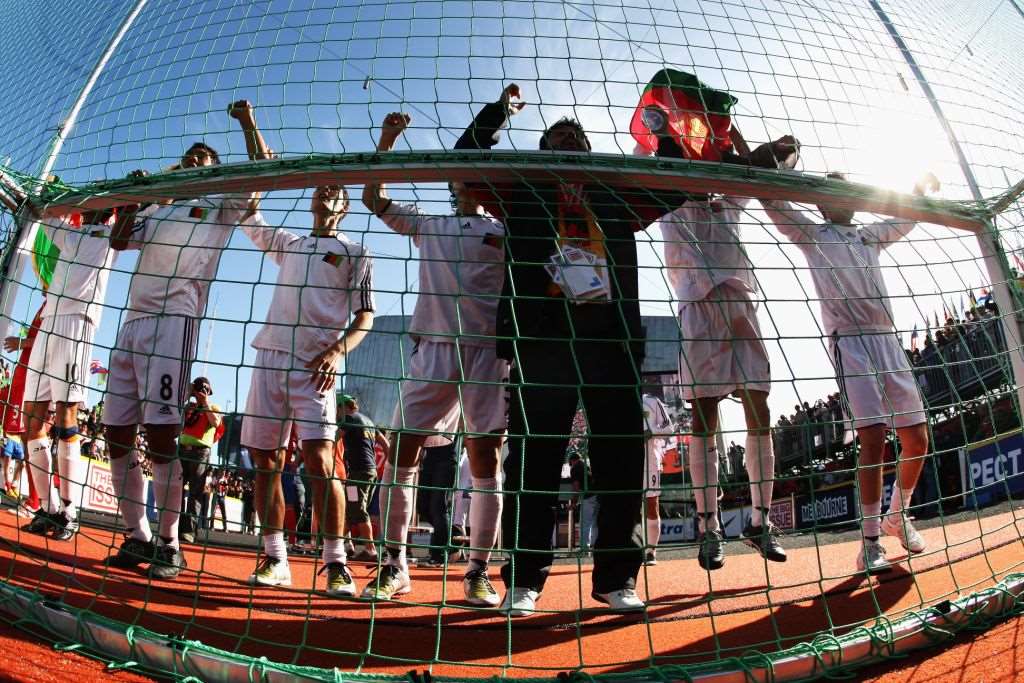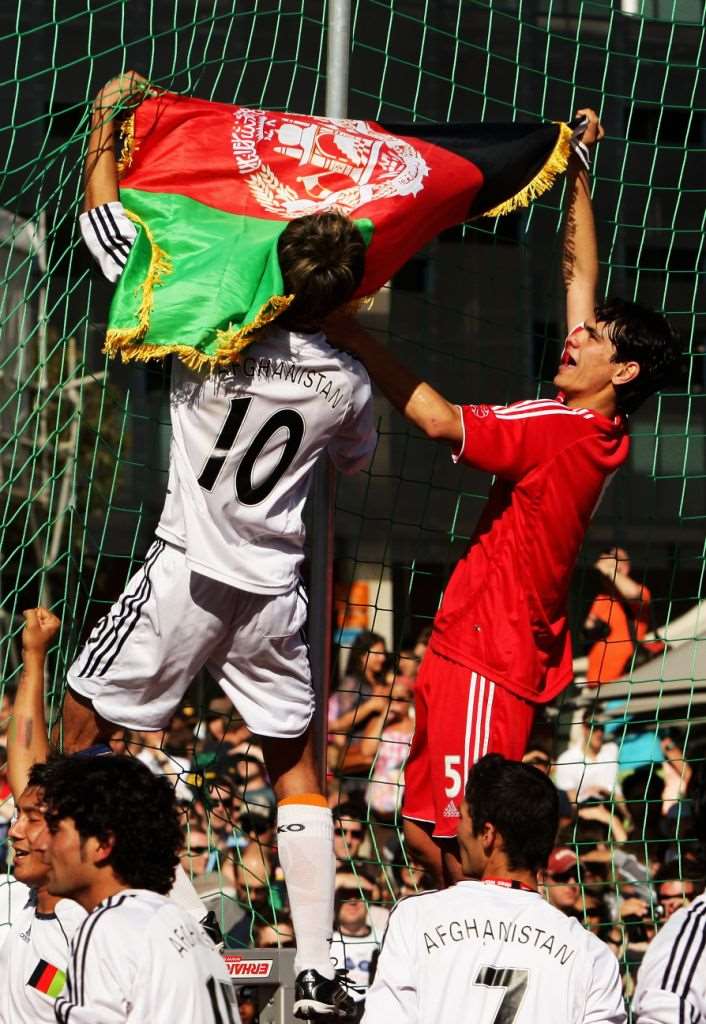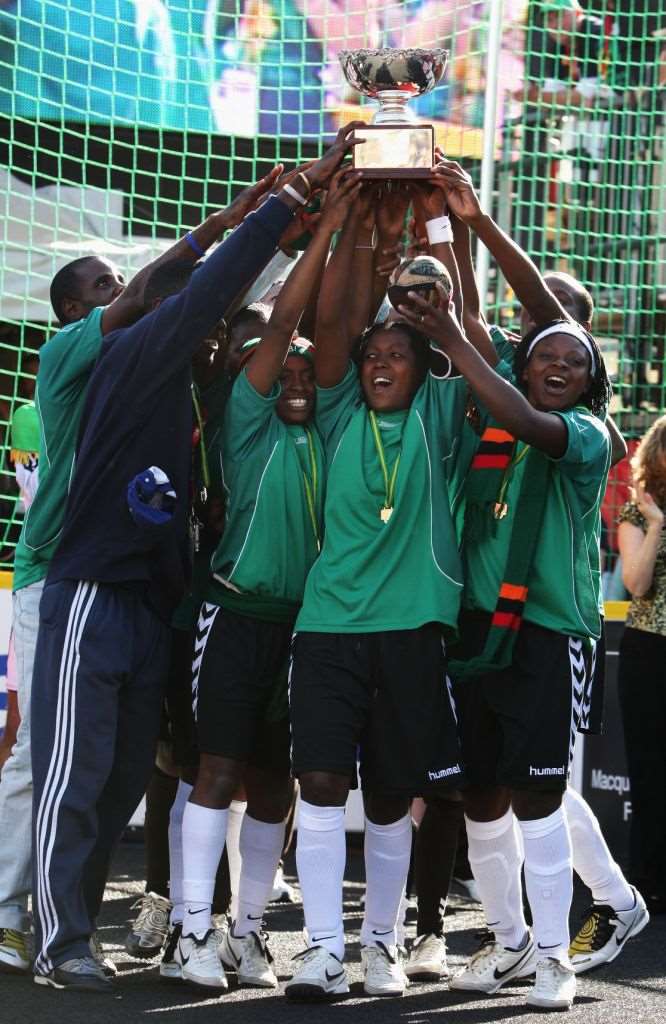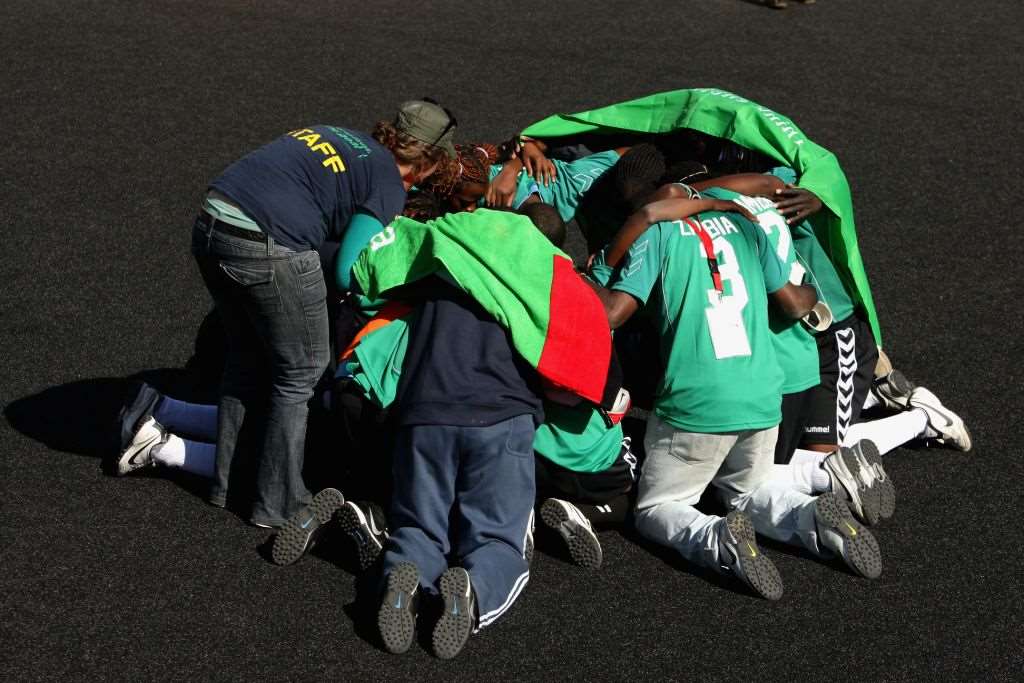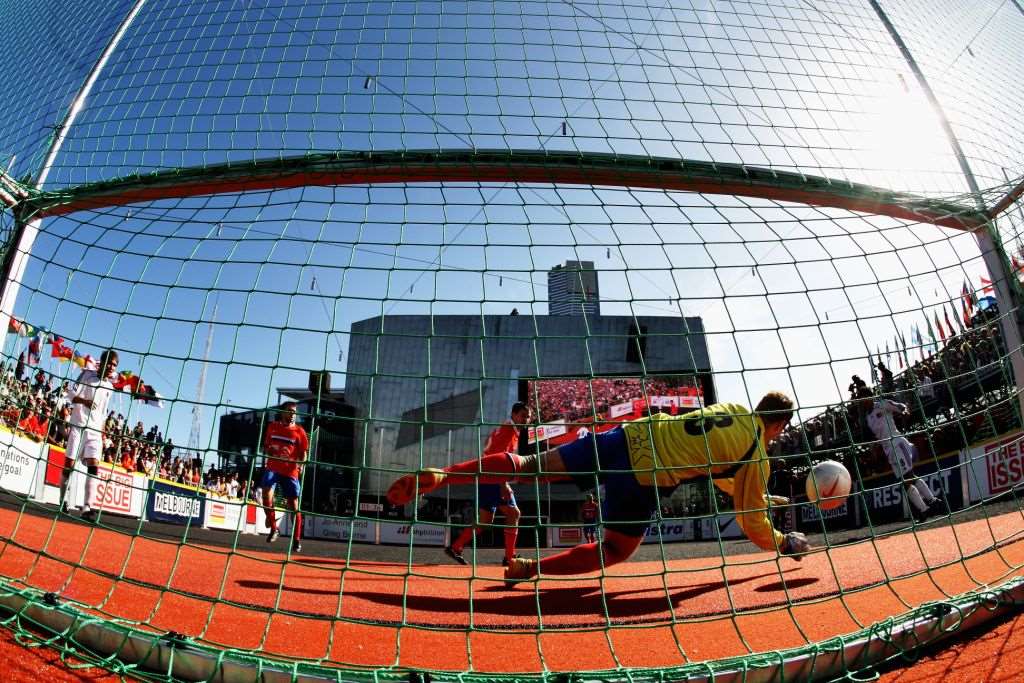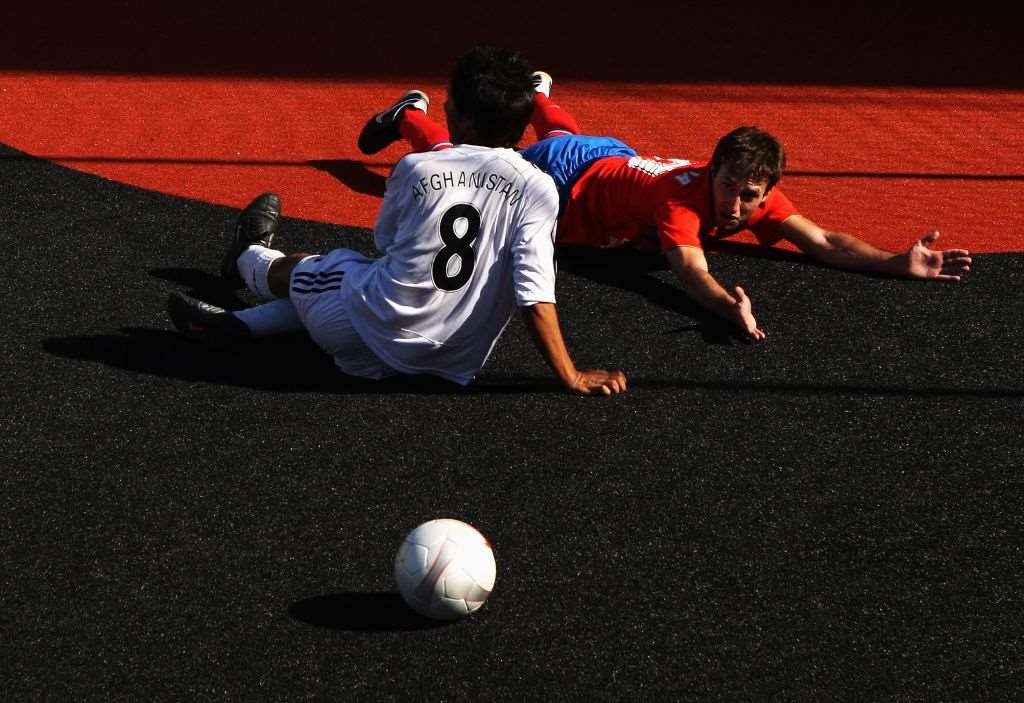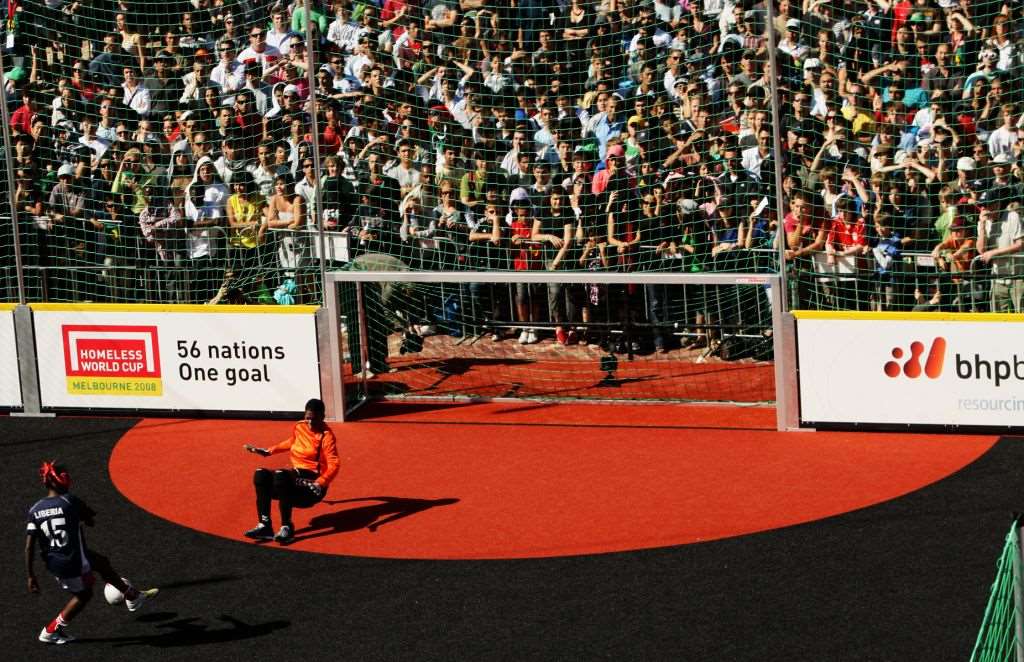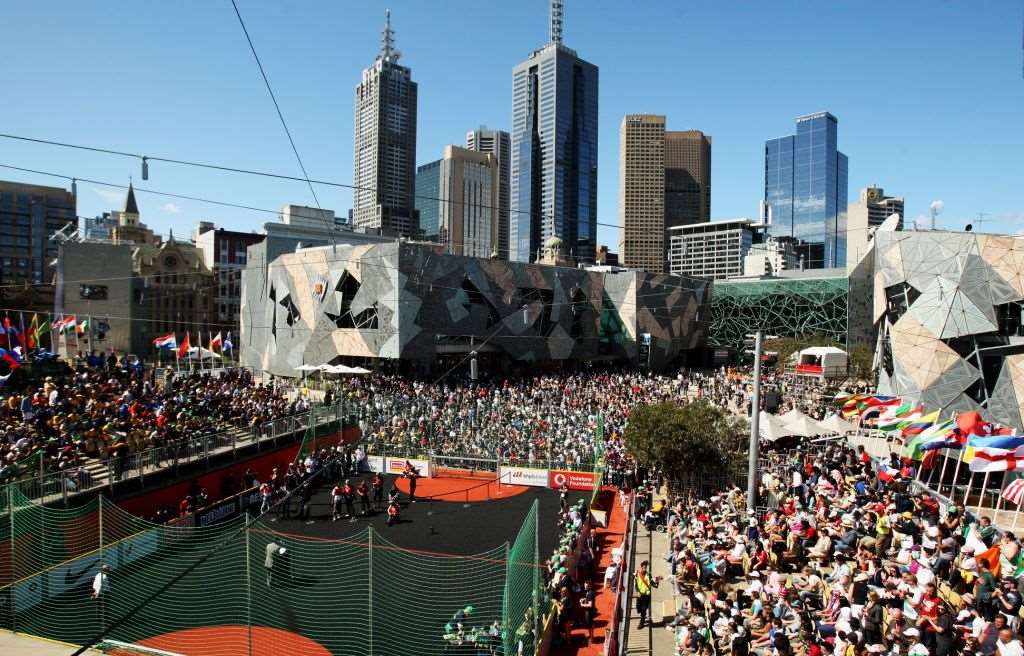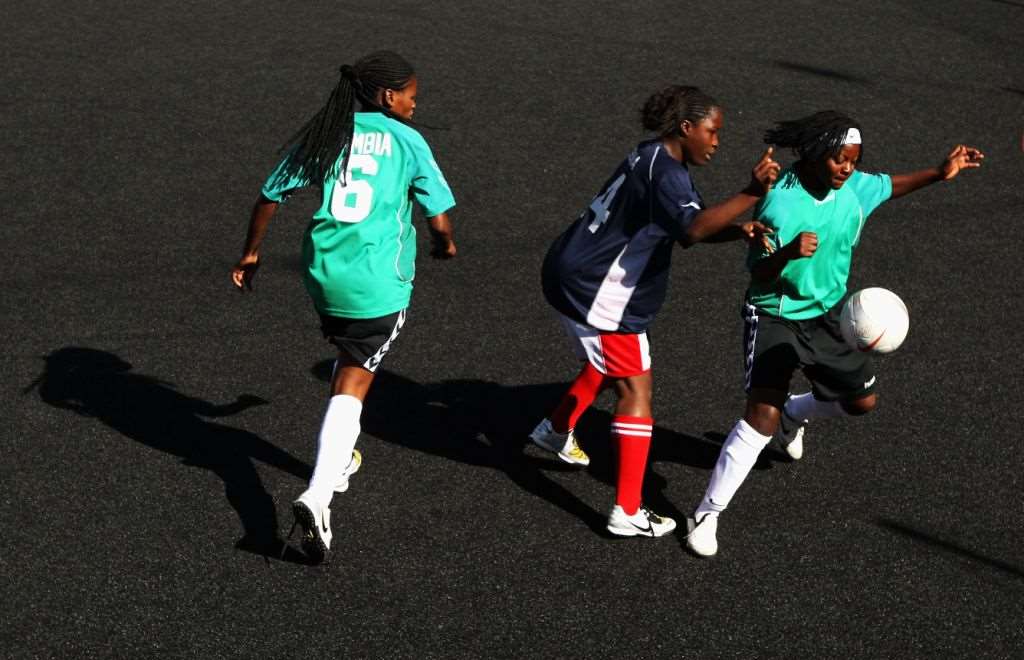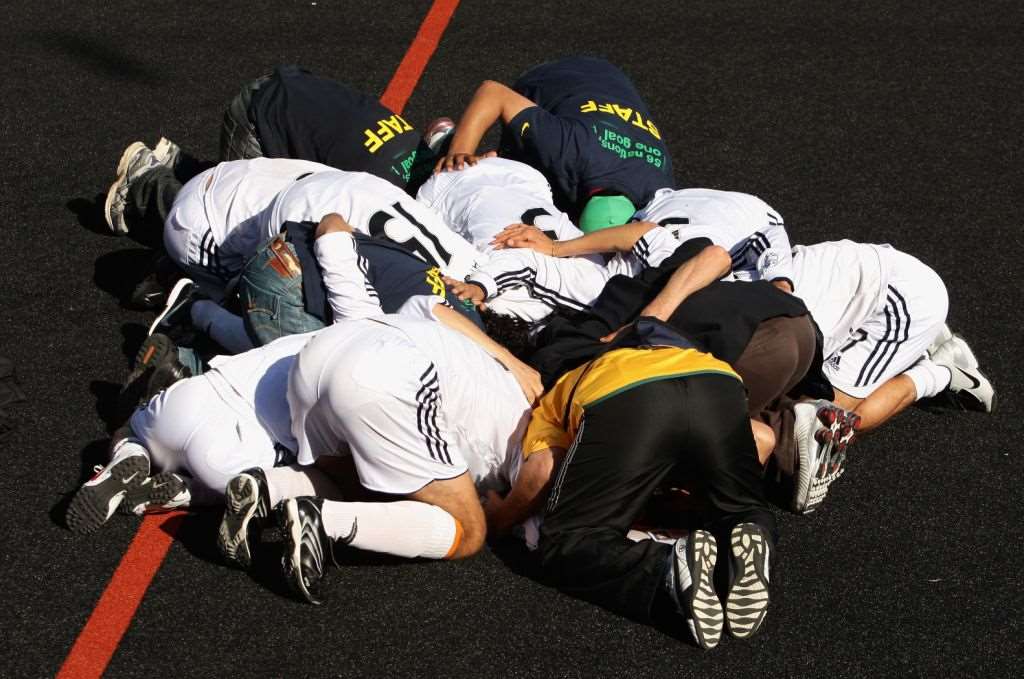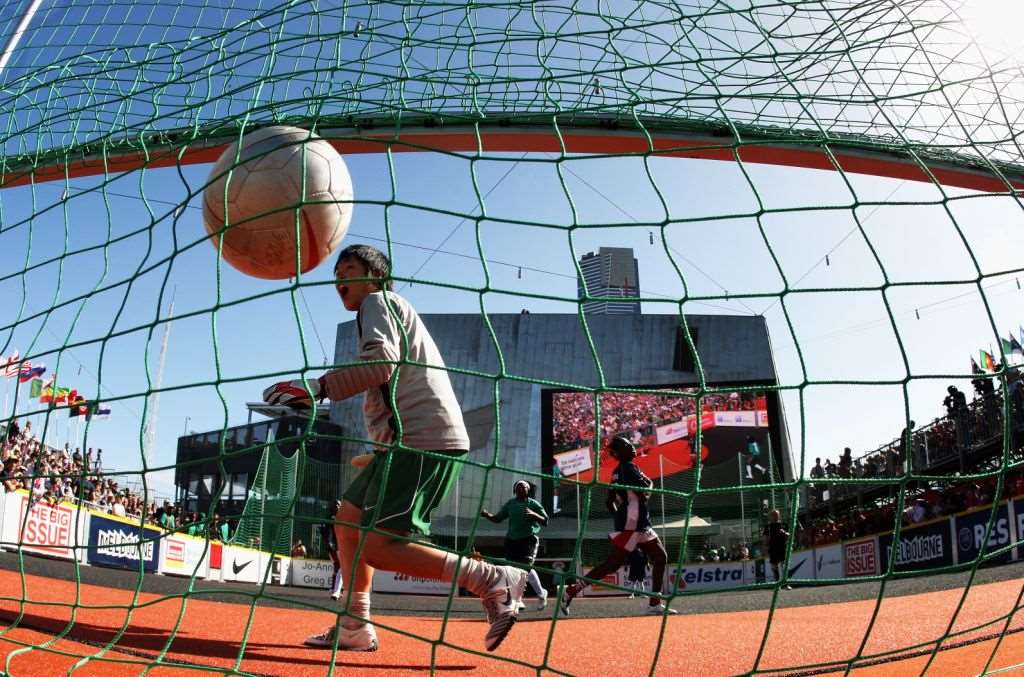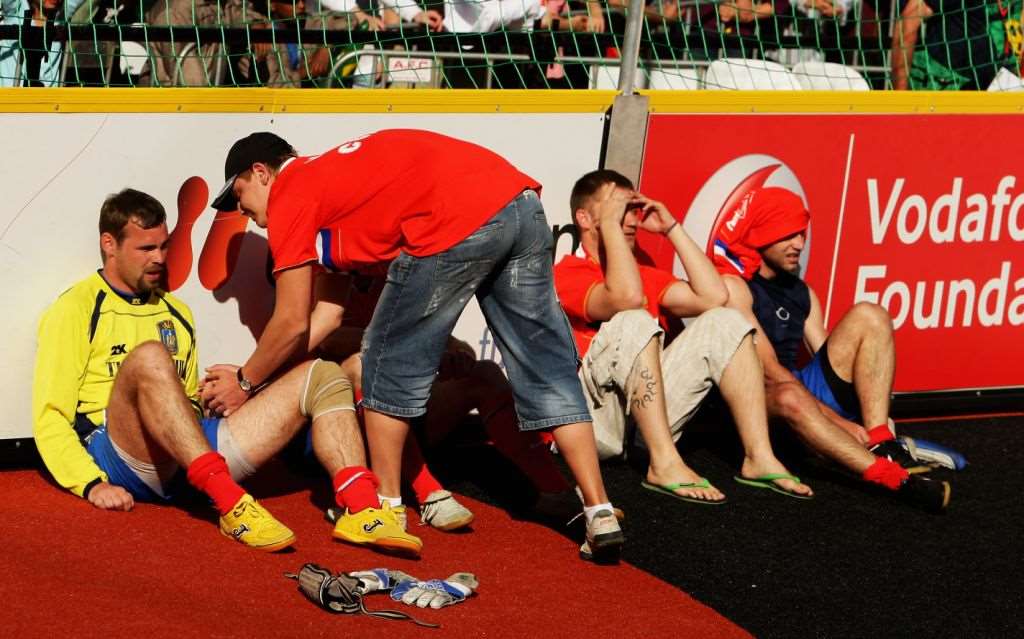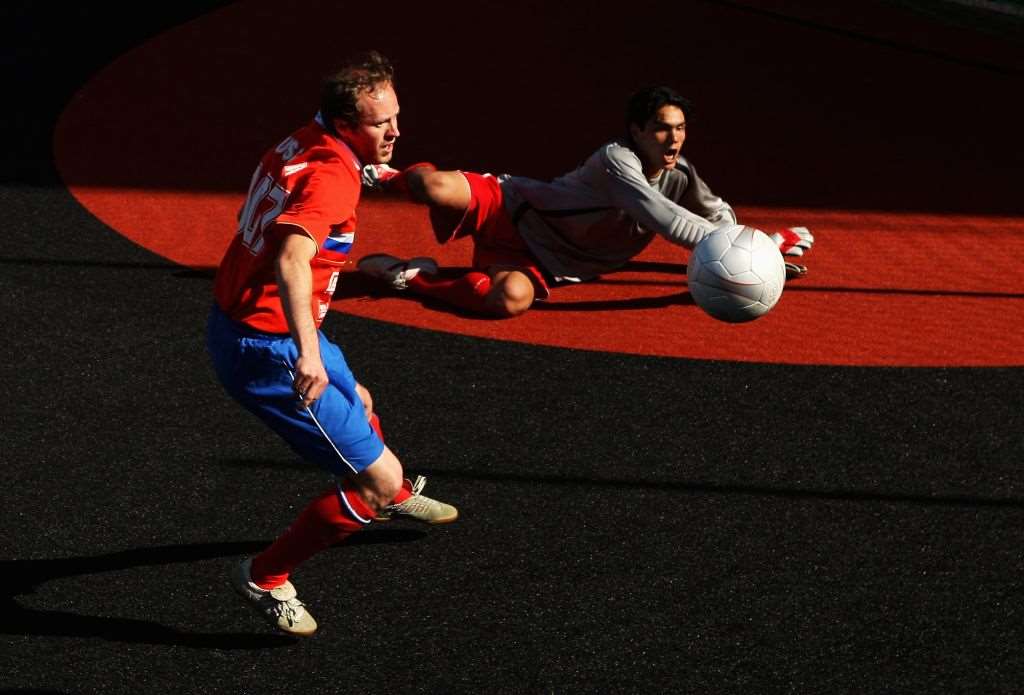AT EVENTS such as the 2008 Homeless World Cup, there are many inspirational stories, for me it was the stories of the women playing in the inaugural Women's World Cup.
For the first time, in the short history of the Homeless World Cup, there was a competition solely for the women with eight teams competing – Australia, Cameroon, Colombia, Kyrgyzstan, Liberia, Paraguay, Uganda and Zambia.As founder and President of the Homeless World Cup, Mel Young, put it: "In the past there has been mixed teams but overall it has always been about 90% men and 10% women. We wanted to get women more involved in the competition, as there has always been considerable interest. We even considered having a rule where teams had to have half men and half women. But we realised this was unfeasible and thus created the Women's Homeless World Cup."
The Friday of the Homeless World Cup was officially declared Women's Day, and as part of this representatives from each of the eight teams shared some of their deeply personal experiences.
Liberian player Veronica Davies' story illuminated the hardships faced by many women in her country.
"I was two years old when the civil crisis broke out in my country. My father was a general in the army. We fled when the rebels attacked our village. I had to beg for food. When I was 10 my father decided to take us back to Liberia. But when we returned our house had been burnt down."
With nowhere else to turn, Davies' decided to live with friends. "I got a scholarship to finish my education and graduated in 2005," she says. "I was selling mineral water on the side of the road when I saw people playing football. I started playing football again and then I got into university."
Melinda Namafe from Zambia was excited about the positive effect of football could have on young girls.
"Football has changed me in so many ways," she enthused. "I have finished school. I never thought I would. I want to change my life. We (the team) hope to play professional football. When I return home I want to show people how I've changed, what I've learnt, and how to become someone in life."
Also as part of the day's activities seven of the women's teams presented an ideas for put forward an idea for a sustainable community project which promoted the development and empowerment of women.
After the presentations everyone that was in attendance, myself included, voted for the best idea with the winning nation presented with €5,000 from Women Win. It was a bit like Eurovision, as each team wasn't allowed to vote for themselves.
I had no such restriction but it was such a tough choice to make, as all the ideas would have been worthy of the money. And also like Eurovision, there was some entertainment whilst the votes were counted as all the teams came down to the stage and showed off their best dance moves.
After all the votes were tallied, Cameroon's well planned business model for the completion of a centre that empowered women through teaching them skills in dress-making, hair-dressing and gave them access to computers and the internet was voted the winner by the other teams.
When you see these women play, they play with passion and spirit and do everything they can to win to the game. But as soon as that full time whistle blows, the smiles come out and both teams embrace, knowing that they share a common bond.
You also sense a pride in representing their country and especially the women of their country. For Paraguayan players, Elisa Noelia Caceres Gamarra and Noelia Rosana Borges, they felt it was a really big commitment for them to represent Paraguay and when they go back to their country they want to share their experiences with the other girls at schools.
"We want to go home and teach other girls to play soccer," they said. "We want to show them how to stay away from drugs and have fun with sport."
For these two young women, playing in the Women's Homeless World Cup is not about winning or losing its about sharing experiences with people that they will never see again and experiencing a different culture and most importantly of all, having fun.
Both girls were also impressed by the support of the Melbourne crowds for the event and they thought they were "really loud and crazy". I tried in my rather stilted Spanish (apologies to my Spanish teacher here) to explain to the girls, that this was quite normal as Melbourne people were extremely fanatical about sport.
For the record, the team from Zambia, who went unbeaten throughout the tournament, won the final of the first ever Women's Homeless World Cup with a 7-1 victory over their fellow Africans, Liberia. It was also a win for all women in the fight against injustices in their homelands.
Neil Zimmerman went to all seven days of the 2008 Homeless World Cup and thinks he watched close to seventy games. In his spare time he is also the editor of the84thminute and also runs the Victory In Melbourne site.
